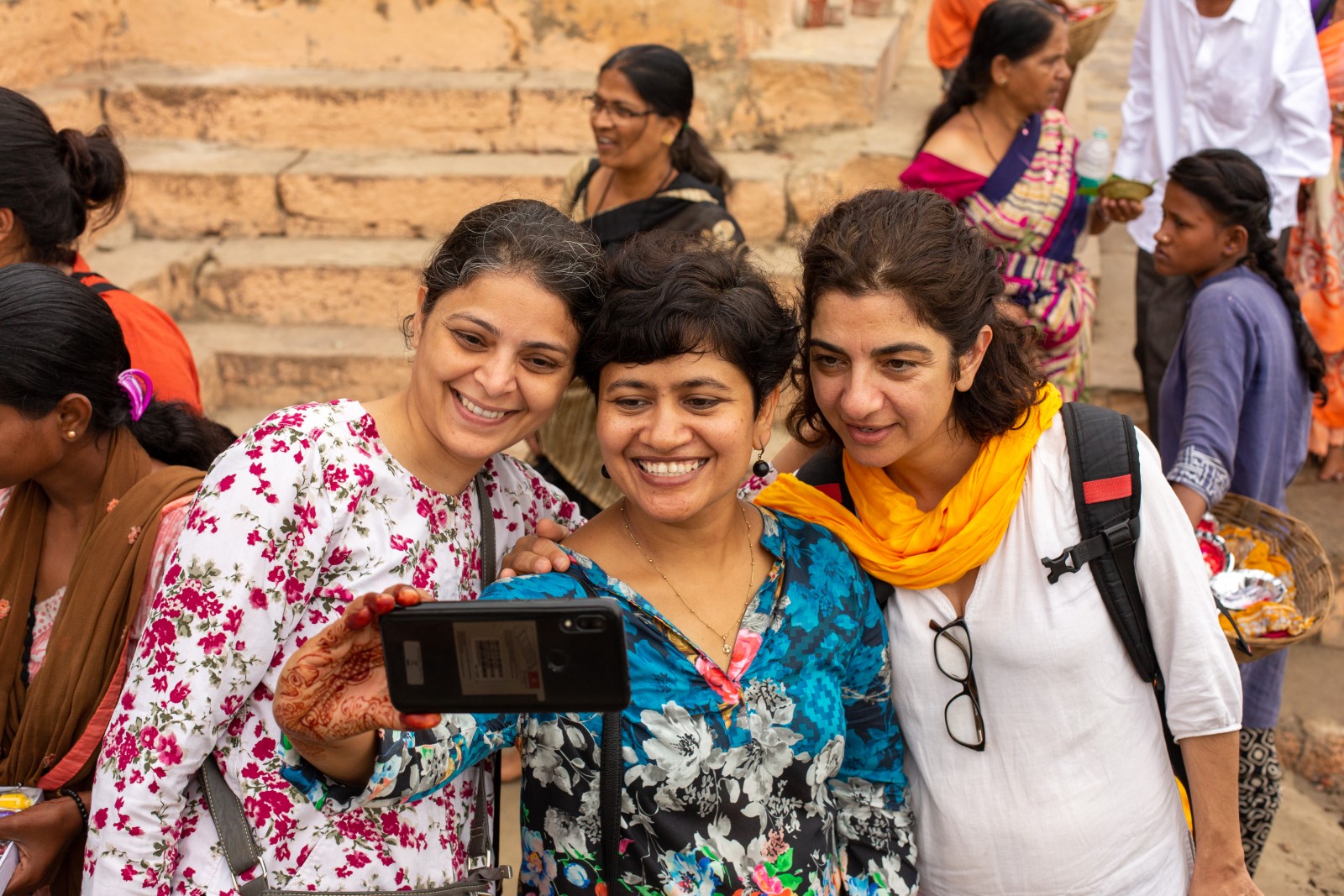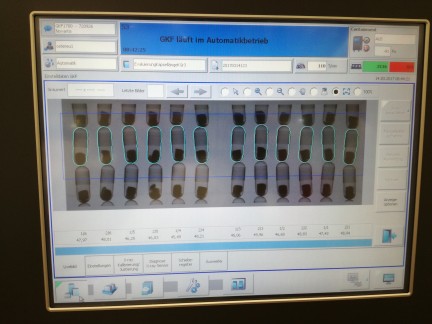Creating an online cervical cancer programme to avoid disruptions to care during COVID-19
Date
15 November 2022

Roche
Tanzania, India, Uganda
Cervical cancer
Taking an existing programme (NJIA) online to ensure activities continued during COVID-19 pandemic-related disruptions, and monitoring its effectiveness
To strengthen health systems by increasing awareness of cervical cancer and access to screening and treatment
The 2021 Index recognised this initiative for best practise, in which Roche partners with Pepal and others to target resource-limited settings and strengthen prevention services. Founded in Tanzania in 2015, it was soon expanded to India and Uganda. It uses a four-level model to train leaders through self-evaluation, peer and line-manager surveys, and tests pre- and post-participation in an immersion week. Through multi-stakeholder multinational partnerships, NJIA has so far invested more than 28,000 hours in leadership development, and tested 60+ innovations.
In 2021, despite COVID-19 pandemic disruptions, NJIA widened its geographic scope to include three new regions in Tanzania. It also launched an online version of the training programme (iNJIA) and invited 57 partners (government health professionals and NGO staff) to take part virtually alongside 48 participants from Roche. Nearly all those involved reported being engaged and inspired by the virtual experience, with most Roche participants saying that learning could be leveraged.
Through iNJIA, Roche provides a sustainable solution which, if regular in-person activities are disrupted, can allow stakeholders to be involved online with in-person workshops. It has measured and reported on the outcomes of this digital adaptation. Separately, Roche also launched a website to consolidate and make available tools and innovations used by governments, NGOs and health charities to reduce the incidence of cervical cancer in low-resource settings.
While COVID-19 lockdowns and surges caused some companies to cease or delay health system strengthening activities, others worked to scale up initiatives and develop online tools. Roche stands out for its proactive measures to adapt, avoid interruption and ensure its programme remained productive.
Outcome measuring needed to extend offline successes
Any company that is developing or shifting to the use of online tools needs to consider how to measure outcomes to test whether these tools can replicate or improve upon the impacts of offline models.
Offline, for example, NJIA measures how its interventions strengthen the capacity of frontline health leaders and compares changes in behaviours and knowledge to help improve measures. Roche can now look at how to extend offline successes online by leveraging engagement and/or extending measurement to include pre- and post-survey learning or understanding of screening elements.

